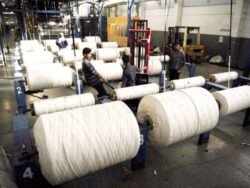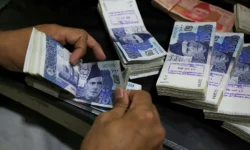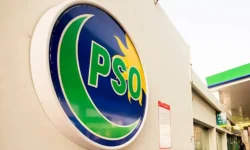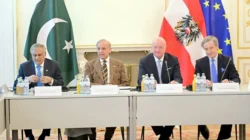Electric Vehicles Bandwagon
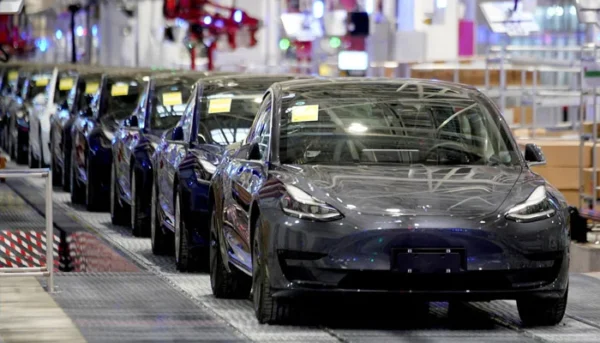
09 December 2024
Published in: The Nation
The German auto market is experiencing reduced new car sales due to a sharp fall in demand for electric vehicles (EVs). As a result, various auto manufacturers, such as Volkswagen, are considering factory closures to cut costs. Falling EV sales in Germany reflect a wider trend in Europe, where the transition away from combustion engines is also moving slower than expected, such as in Britain, where auto manufacturers have warned of factory closures and job losses without stronger interest from consumers.
Although affordable EV models are being introduced, high EV prices, expensive charging, patchy charging infrastructure, and insufficient driving range have all contributed to consumers’ reluctance to forgo their combustion-engine vehicles. Globally, automakers are facing subdued EV demand due to high raw material and energy prices, and waning customer interest.
In Pakistan, a National EV Policy was recently announced, aiming to promote local manufacturing and early adoption of EVs. The government is prioritising the promotion of electric vehicles in the country on the premise that EVs will not only conserve valuable foreign exchange by reducing petrol and diesel imports but will also offer significant environmental benefits. Furthermore, the National EV Policy assumes that the Pakistani market will help make EVs more affordable in a few years. The policy aims to transition 30 per cent of all new vehicles—both imported and locally manufactured—to electric power by 2030. It includes a range of technologies such as battery-electric vehicles (BEVs), hybrid electric vehicles (HEVs), plug-in hybrid electric vehicles (PHEVs), and hydrogen fuel cell vehicles.
Environmentalists and energy experts have lauded the government’s New Energy Vehicle (NEV) Policy 2025–2030, viewing it as timely and addressing critical issues like the high oil import bill, underutilised power plants incurring capacity payments, and transportation-related smog and greenhouse gas emissions. However, reduced petrol and diesel consumption and significant environmental benefits have not been quantified either by the government or by energy and environmental experts.
Under the policy, auto manufacturers are allowed to import Completely Knocked Down (CKD) units or Completely Built Units (CBUs) to be sold in the country. Due to incentives granted by the government, it is currently cheaper for companies to import CBUs and CKDs, which is counter-intuitive for the local auto industry and the economy.
CKDs are vehicles shipped in parts and assembled at the dealership or factory, while CBUs are shipped in one piece and do not require assembly. However, both formats of assembly offer minimal job creation in the local market, and no local supply or value chain is created to generate further upstream jobs, as all the components of different types of EVs will be imported for the foreseeable future. Additionally, when it comes to HEVs, PHEVs, or pure EVs, the parts and batteries involve sophisticated technologies, and it remains to be seen whether foreign EV manufacturers entering the local market will share or indigenise such technologies in any foreseeable future. Moreover, the import of CKDs, CBUs, and spare parts will place an additional burden on the national exchequer.
Traditional automakers assembling combustion engine (CE) vehicles have been around for a few decades, but critical technologies have not been indigenised, and consequently, auto prices remain beyond the reach of ordinary citizens. Therefore, it remains to be seen how EV prices would drop over the years, as presumed in the NEV Policy.
Finally, Pakistan often faces foreign exchange crises. In the recent past, curbs were placed on imports, severely disrupting the supply chain of traditional automakers in the country. As a result, many auto assemblers faced closure owing to a lack of parts. Thus, if import restrictions are imposed again, users of different types of EVs would be in jeopardy, as none of the major components are likely to be manufactured in Pakistan in the foreseeable future.

